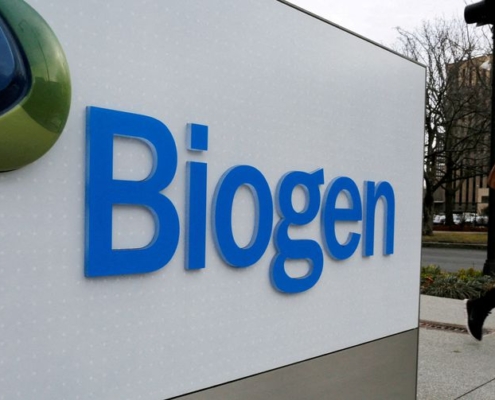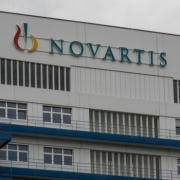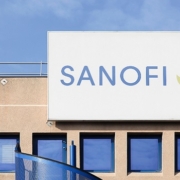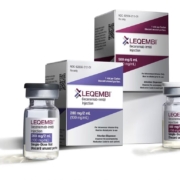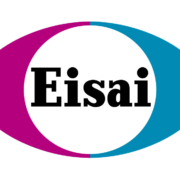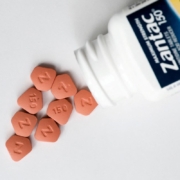Biogen quietly resolves whistleblower case for $900M
Biogen quietly resolves whistleblower case for $900M
Published: Jul 21, 2022
By Tristan Manalac
BioSpace
Along with axing a Phase II schizophrenia program and touting the potential of lecanemab, its next shot at Alzheimer’s disease, Biogen announced Wednesday that it is forking over $900 million to resolve a lawsuit.
The whistleblower claim was brought by former employee Michael Bawduniak, who accused the company of paying off doctors to favor its multiple sclerosis drugs over those of its competitors. The trial for this case was scheduled to begin July 26.
The payment, quietly disclosed by Biogen in its quarterly earnings report, is still pending approval from the U.S. Justice Department. According to Thomas M. Greene, Bawduniak’s lead counsel, this settlement will be the largest ever recovery that a whistleblower made under the False Claims Act without the intervention or participation of the government.
Despite the settlement, Biogen is not admitting to any wrongdoing. “We are resolving this matter to avoid the distraction of litigation and to allow the Company to focus on our strategic priorities and the patients we serve,” the company said in a statement.
Bawduniak filed the lawsuit in April 2012, alleging that his then-employer was paying kickbacks to its biggest prescribers to dissuade them from prescribing other multiple sclerosis treatments. Bawduniak first approached the company’s compliance department but decided to bring the matter to the courts when no internal action was taken, according to PRNewswire.
The lawsuit alleges that the goal of these under-the-table deals was threefold: to “preserve the eroding market share of Biogen’s oldest biological product, Avonex”, increase the market share of Tysabri, which had been temporarily sidelined over safety concerns and ensure the market success of Tecfidera, which it notes “became a blockbuster drug, far surpassing its forecasted revenue total.”
From January 1, 2009, through March 18, 2014, Biogen’s kickback schemes caused the submission of hundreds of millions of dollars in false reimbursement claims for Biogen’s MS Drugs to Government healthcare programs, including Medicare and Medicaid, in violation of the False Claims Act,” the lawsuit read. During this period, some 1,200 doctors were responsible for around 60% of multiple sclerosis prescriptions. Biogen, the filing alleged, targeted these highly influential prescribers in their scheme.
As a result of the settlement, Bawduniak is entitled to 25 to 30% of Biogen’s payout.
An Uncertain Time for Biogen
Biogen’s decision to resolve the lawsuit might be due to its recent troubles. In its quarterly financial report, the company declared 7% lower revenues in the second quarter of this year, as compared to the same time last year. Much of this stemmed from its spinal muscular atrophy drug Spinraza, the sales for which plunged by 14% from last year.
But Biogen’s multiple sclerosis franchise took a hit, too. Facing stiff competition from generics, Tecfidera fell just short of earning the company $400 million, while it raked in nearly $490 million last year.
Making the situation much worse is the very public debacle over Aduhelm (aducanumab), the company’s treatment for Alzheimer’s, which was approved in June 2021. The drug never had the chance to take off, however: Soon after approval, the U.S. Center for Medicare and Medicaid Services sharply limited reimbursement, relegating its use to only clinical trials. Because the drug was seeing very little clinical use, Biogen was forced to terminate a post-market study last month.
To stay afloat, the company has laid off some 300 employees at its Massachusetts site, a number that some predict could reach 1,000 overall.
The company is now pinning its hopes on a new Alzheimer’s candidate, lecanemab, the Biologics License Application for which was granted Priority Review by the U.S. Food and Drug Administration earlier this month. A target action date is set for January 6, 2023.
Source: BioSpace

